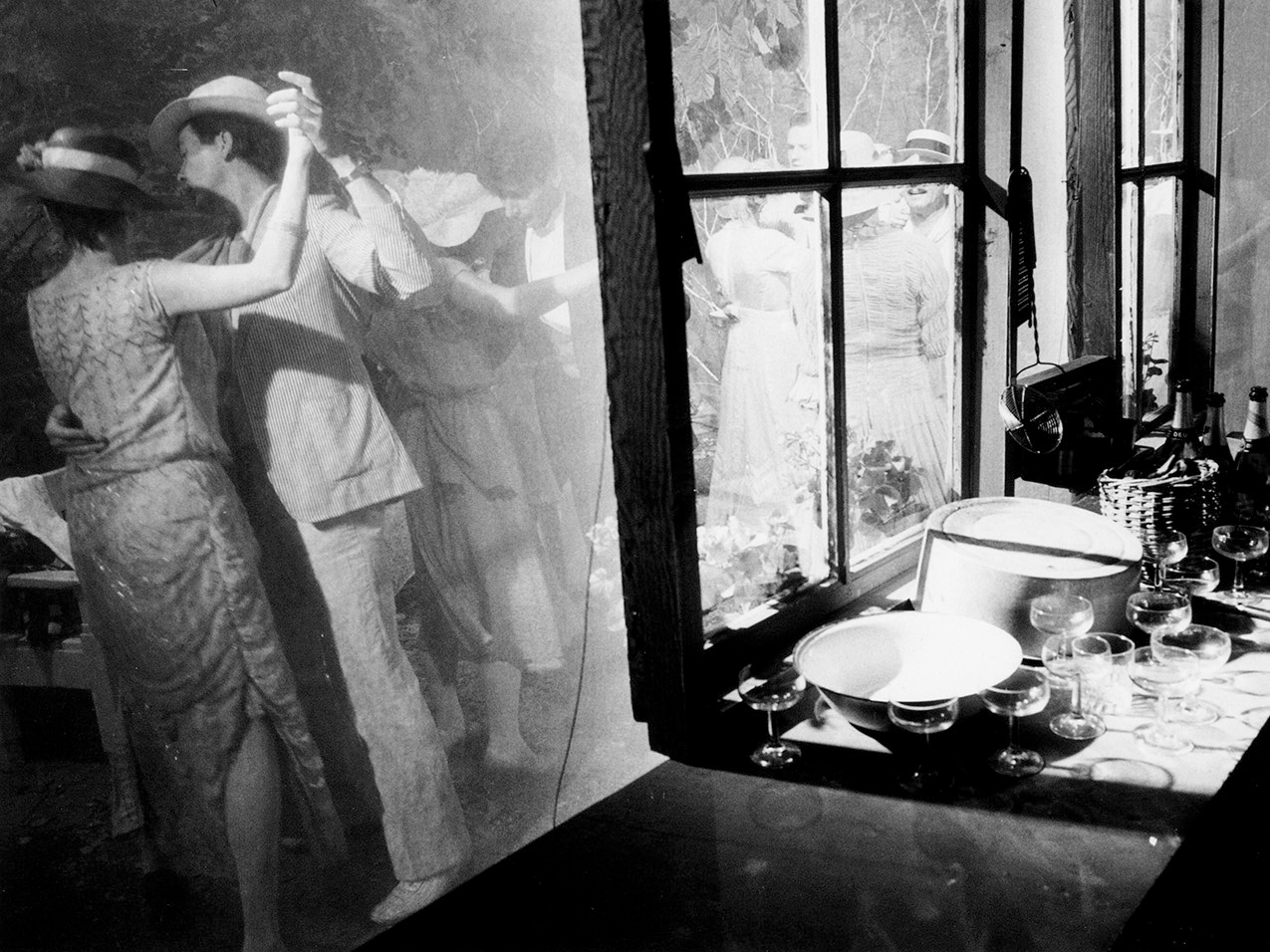
Eric de Kuyper over Casta Diva en Naughty Boys
Jan H. Verbanck, Isabelle Vandenbergen, 1983
CONVERSATION
11.05.2022
NL
Na zijn debuut Casta Diva (1982) leverde Eric de Kuyper in 1984 Naughty Boys af. Een nieuwe film van de Belgische regisseur die tot dan toe vooral actief was geweest als televisieproducent- en programmator, schrijver, docent en onderzoeker. “Ik weet uit ervaring hoe veel andere mensen films maken of gemaakt hebben en ik had voor mezelf besloten: nou, op die manier maak ik vast geen films! Alleen wist ik niet zo meteen hoe eraan te ontsnappen. Maar voor mij, zoals ik eerder ook al aangaf, is een film maken een soort feestje, een soort plezierige samenwerking van verschillende mensen die graag met elkaar werken. En dat is de basis geworden.”